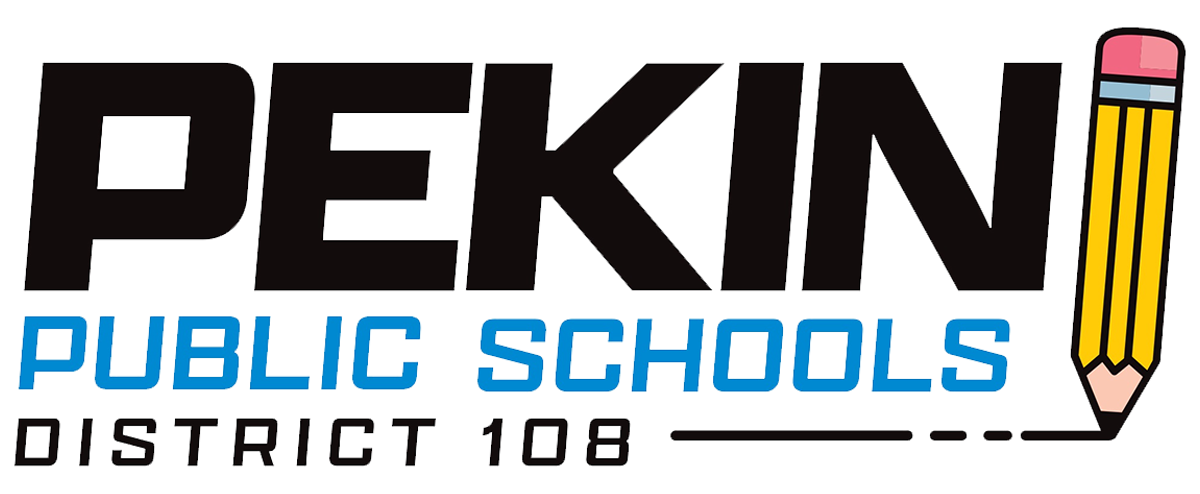CLM School Coaches
The major role of the school-based literacy coach is to implement comprehensive literacy changes at the school level. Toward this goal, the responsibilities of an effective literacy coach include: providing demonstrations of the literacy framework; working strategically with teachers in planning, monitoring, and assessing their teaching; observing and coaching teachers in effective literacy practices; conducting pre- and post conferences with teachers, including constructive feedback; planning and facilitating literacy team meetings, professional study groups, and staff development sessions in best literacy practices; and teaching an intervention group of students for 30 to 40 minutes daily.
The School-Based Literacy Coach
1. Maintains the integrity of the program by adhering to the roles and responsibilities of the coach as outlined by the PCL Training Center.
2. Uses sustained coaching cycles to support teachers' growth and reflective practices.
3. Meets routinely with the building administrator(s) to organize, analyze, reflect and plan and problem-solve around implementation issues and for the needs of the school.
4. Manages and evaluates the school's literacy program to ensure the highest level of quality. Develops and maintains an assessment system for monitoring the progress of students and ensuring that any student who falls below the proficient level receives appropriate and timely literacy intervention and support.
5. Assists teachers in linking assessment information and classroom instruction and regularly evaluates the quality of academic support services to meet the needs of all students.
6. Makes curricular recommendations for appropriate reading and writing materials across the school.
7. Participates in all sessions of literacy coach training/graduate coursework and meets all requirements to ensure the successful implementation of the PCL model in Year 1.
8. Provides leadership for literacy across the school community and collaborates with other literacy specialists to assure that the literacy framework remains central to the school's total academic program.
9. Uses discussion board and other electronic communications to solve problems and collaborate with other coaches, colleagues, and peers.
10. Agrees to continue the implementation of the PCL model for a minimum of two years after the initial year of training.
11. Agrees to submit to the PCL Training Center all records, research data, and written documentation as requested for each year of involvement in the model.
12. Accepts the roles and responsibilities of the Training Center and understands their importance for school change.
Coach Files
Comprehensive Intervention Model - Intervention Group Data Collection Tool
